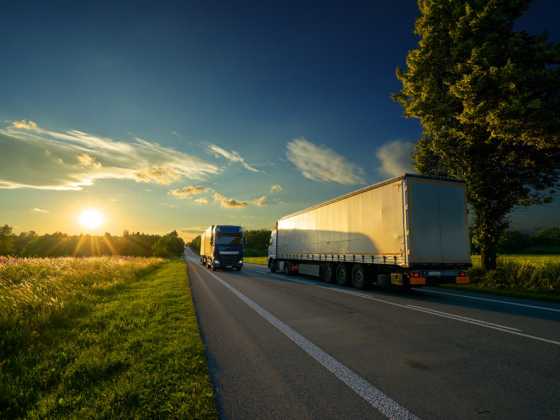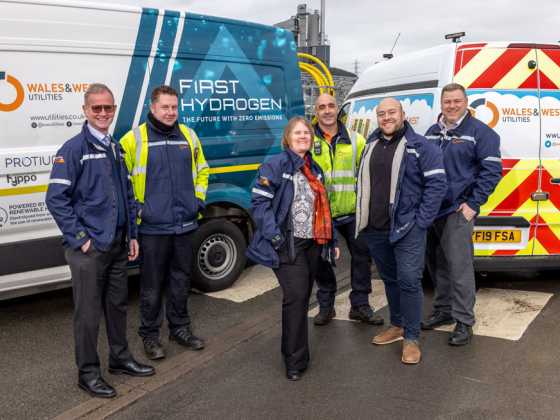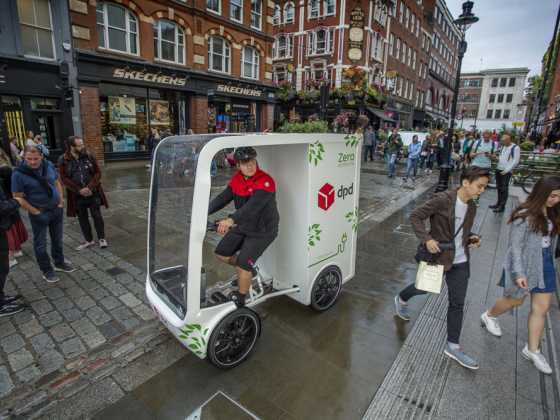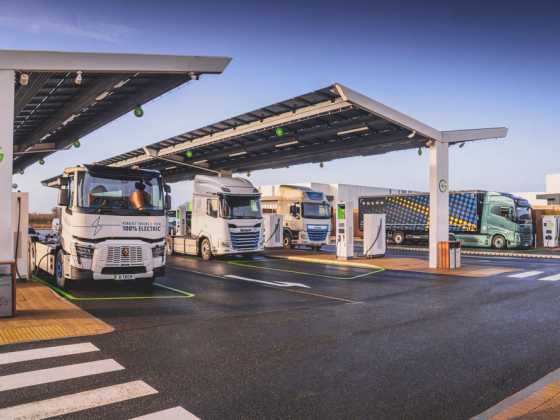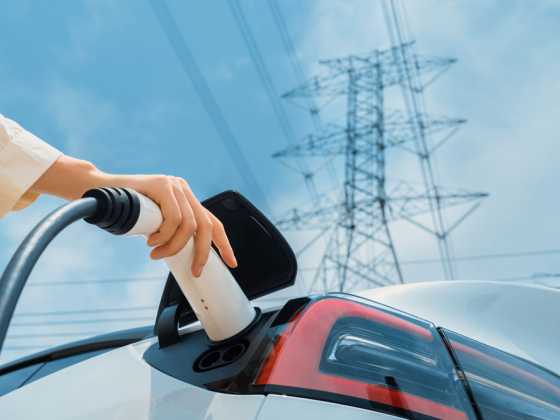Power from used cooking oil
In October 2007 Stagecoach launched its Bio-bus initiative in Kilmarnock – a fleet of nine buses that run on 100 per cent biofuel made from recycled cooking oil. Bryony Chamberlain, managing director, Stagecoach West Scotland, explains the project
 As one of the UK’s largest public transport operators, we are aware of the impact of transport on the environment. We believe that we can take a lead in forming solutions to the challenges posed. Stagecoach has never been afraid to try new ideas, we have introduced market-leading innovations across many areas of our business, including our environmental aspirations, most notably with the-Bio-bus project.
As one of the UK’s largest public transport operators, we are aware of the impact of transport on the environment. We believe that we can take a lead in forming solutions to the challenges posed. Stagecoach has never been afraid to try new ideas, we have introduced market-leading innovations across many areas of our business, including our environmental aspirations, most notably with the-Bio-bus project.
Stagecoach West Scotland launched trials for the Bio-bus three years ago in Ayreshire. Set up in partnership with bio-diesel business Argent Energy and East Ayrshire Council, nine Bio-buses were introduced on routes between Stewarton and Darvel via Kilmarnock; a particularly busy service which carries over 15,000 passengers per week.
Power from waste
The buses are fuelled on 100 per cent bio-diesel manufactured from used cooking oil and other food by-products with the aim of significantly reducing CO2. The bio-diesel is produced from tallow and used cooking oil, both of which are sustainable feedstock sources that do not involve the destruction of natural habits or compete with the human food chain.
For the first ten minutes of the morning, the buses run on diesel until normal engine operating temperature is reached and then the system automatically switches over to bio-diesel, which powers the vehicles all day.
The scheme has captured the imagination of its passengers, offering them the chance to recycle their used cooking oil in exchange for discounted bus travel. During the trials, households on the Stewarton route were given a free container to recycle their used cooking oil. The cooking oils were collected by East Ayrshire Council’s recycling depot and forwarded to Argent Energy to be converted to biofuel.
Stagecoach also created a dedicated website for the project, www.thebiobus.com where customers can read about the scheme and even order a container to be delivered to collect their own waste oil.
The Bio-buses have proved that an innovative green product, when combined with effective marketing, can inspire people to take personal responsibility in leading a more sustainable lifestyle.
The Impact
Since its launch, the Bio-bus project has reduced CO2 emissions by 80 per cent, saving 2450 tonnes of carbon. During the first year of operation, passenger numbers on the route in question rose by 32.7 per cent and more than 2 million passengers have used the Bio-buses since the project was introduced. In addition, more than 70 tonnes of used cooking oil has been recycled at East Ayrshire Council’s recycling plant since the start of the project – a significant increase on the volume usually recycled at the facility.
Our Bio-buses have been well received both locally and nationally, winning several accolades in recognition for their positive impact on the environment. Most recently we won the Travel and Transport Award at the prestigious 2010 Green Business Awards.
We have also introduced a further 23 Bio-buses in Cambridgeshire and are continuing to explore other measures which can help us reduce the carbon emissions of our UK Bus fleet.
Future sustainability
We are also only too aware that there is much still to be done. In March 2010, Stagecoach Group became the first Scottish-based transport group – and one of only two listed UK public transport operators – to be awarded the Carbon Trust Standard after committing to measure, manage and reduce year on year carbon emissions and achieving a significant 5.7 per cent* reduction across the UK business.
We are now looking to build on this achievement, investing £11 million in a range of measures to meet our environmental targets through a comprehensive five-year plan.
Our aim is to achieve an overall reduction of eight per cent in buildings CO2 emissions and a cut of three per cent in annual fleet transport CO2e emissions by 2014.
As well as fuel efficiency and the use of alternative and renewable fuels, our strategy focuses on a number of key areas. These include including conserving and recycling water, reducing and recycling waste, and saving energy at our offices and depots. Our local companies across the UK and North America each have their own green targets and we hold an annual Stagecoach Green Week – as well as offering a Green Champion Award – which help engage staff in our environmental activities.
However, we can’t do it all on our own; pro-public transport policies are key if we are to encourage even more people on to our buses and trains.
One of the biggest barriers to reducing bus emissions is congestion within towns and cities. By having bus priority measures introduced, we can reduce the carbon emissions produced by vehicles. We will also be able to improve service reliability, and therefore encourage more people to take the bus instead of driving.
We believe that there are many exciting opportunities ahead to further improve the sustainability of our business and, along with our many partners, we look forward to exploring and implementing new measures to continue our drive towards greener, smarter travel.
* Tonnes CO2e /£ Turnover
For more information

